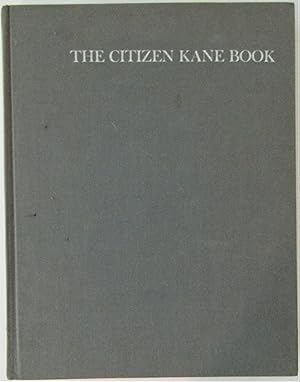


Meanwhile, Welles claimed to have come up with the idea to make a film about Hearst, which is also supported by sources close to the director. Kael claims that the idea of Hearst as the inspiration for the protagonist was what excited Welles. Pauline Kael famously supported Mankiewicz's claim of planting the original creative seeds of Citizen Kane, writing that Mankiewicz proposed an idea to Welles about making a "'prismatic' movie about the life of a man seen from several different points of view" (49). Mankiewicz met William Randolph Hearst and his mistress, Marion Davies, in 1940 and apparently had wanted to make a film about Hearst before he even met Welles. He had a notorious alcohol problem and was addicted to gambling. Mankiewicz was a playwright, and the first regular theater critic for the New Yorker. There has always been a great deal of controversy about who is responsible for the initial idea and screenplay of Citizen Kane. It was the rare film that came out of the American Studio system where the filmmaker had complete creative control, and now occupies the number one spot on many internationally-recognized lists of the Greatest Films Of All Time. Pauline Kael called it "the one American talking picture that seems as fresh now as the day it opened", and Francois Truffaut called it the film that "probably has started the largest number of filmmakers on their careers". Citizen Kane has widely been praised as the greatest film ever made, particularly for its innovative narrative structure, its cinematography, editing, and Orson Welles' tour de force performance.


 0 kommentar(er)
0 kommentar(er)
